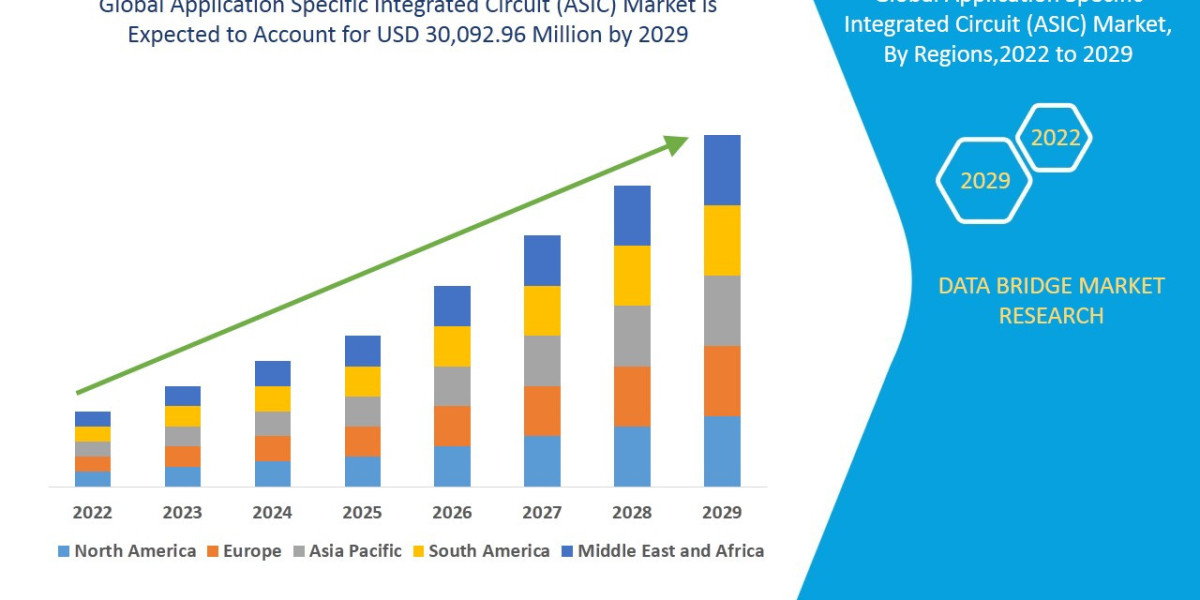
In the sterile corridors of Birmingham Women's and Children's NHS Foundation Trust, a young man named James Stokes moves with quiet purpose. His smart shoes move with deliberate precision as he greets colleagues—some by name, others with the familiar currency of a "good morning."
James wears his NHS lanyard not merely as an employee badge but as a symbol of belonging. It hangs against a well-maintained uniform that betrays nothing of the tumultuous journey that preceded his arrival.
What distinguishes James from many of his colleagues is not obvious to the casual observer. His demeanor discloses nothing of the fact that he was among the first beneficiaries of the NHS Universal Family Programme—an undertaking designed specifically for young people who have spent time in care.
"The Programme embraced me when I needed it most," James reflects, his voice measured but revealing subtle passion. His observation encapsulates the heart of a programme that strives to revolutionize how the enormous healthcare system perceives care leavers—those often overlooked young people aged 16-25 who have graduated out of the care system.
The numbers tell a troubling story. Care leavers often face higher rates of mental health issues, money troubles, shelter insecurities, and reduced scholarly attainment compared to their contemporaries. Underlying these clinical numbers are individual journeys of young people who have navigated a system that, despite best intentions, often falls short in providing the stable base that shapes most young lives.
The NHS Universal Family Programme, established in January 2023 following NHS England's promise to the Care Leaver Covenant, embodies a profound shift in organizational perspective. At its core, it recognizes that the complete state and civil society should function as a "communal support system" for those who have missed out on the security of a typical domestic environment.
A select group of healthcare regions across England have led the way, developing structures that reimagine how the NHS—one of Europe's largest employers—can extend opportunities to care leavers.
The Programme is detailed in its approach, starting from comprehensive audits of existing policies, creating management frameworks, and garnering executive backing. It understands that meaningful participation requires more than good intentions—it demands concrete steps.
In NHS Birmingham and Solihull ICB, where James found his footing, they've created a consistent support system with representatives who can provide support, advice, and guidance on personal welfare, HR matters, recruitment, and EDI initiatives.
The standard NHS recruitment process—rigid and possibly overwhelming—has been thoughtfully adapted. Job advertisements now highlight character attributes rather than numerous requirements. Applications have been reconsidered to accommodate the unique challenges care leavers might face—from missing employment history to struggling with internet access.
Possibly most crucially, the Programme acknowledges that starting a job can pose particular problems for care leavers who may be managing independent living without the backup of parental assistance. Concerns like transportation costs, identification documents, and financial services—considered standard by many—can become substantial hurdles.
The beauty of the Programme lies in its attention to detail—from outlining compensation information to offering travel loans until that critical first wage disbursement. Even seemingly minor aspects like rest periods and office etiquette are carefully explained.
For James, whose NHS journey has "revolutionized" his life, the Programme provided more than employment. It offered him a sense of belonging—that ineffable quality that emerges when someone senses worth not despite their background but because their particular journey enhances the workplace.
"Working for the NHS isn't just about doctors and nurses," James notes, his eyes reflecting the subtle satisfaction of someone who has secured his position. "It's about a community of different jobs and roles, a team of people who genuinely care."

The NHS Universal Family Programme embodies more than an work program. It exists as a bold declaration that organizations can change to welcome those who have known different challenges. In doing so, they not only transform individual lives but enrich themselves through the distinct viewpoints that care leavers provide.
As James navigates his workplace, his participation silently testifies that with the right assistance, care leavers can thrive in environments once deemed unattainable. The support that the NHS has provided through this Programme signifies not charity but recognition of overlooked talent and the fundamental reality that each individual warrants a community that believes in them.



